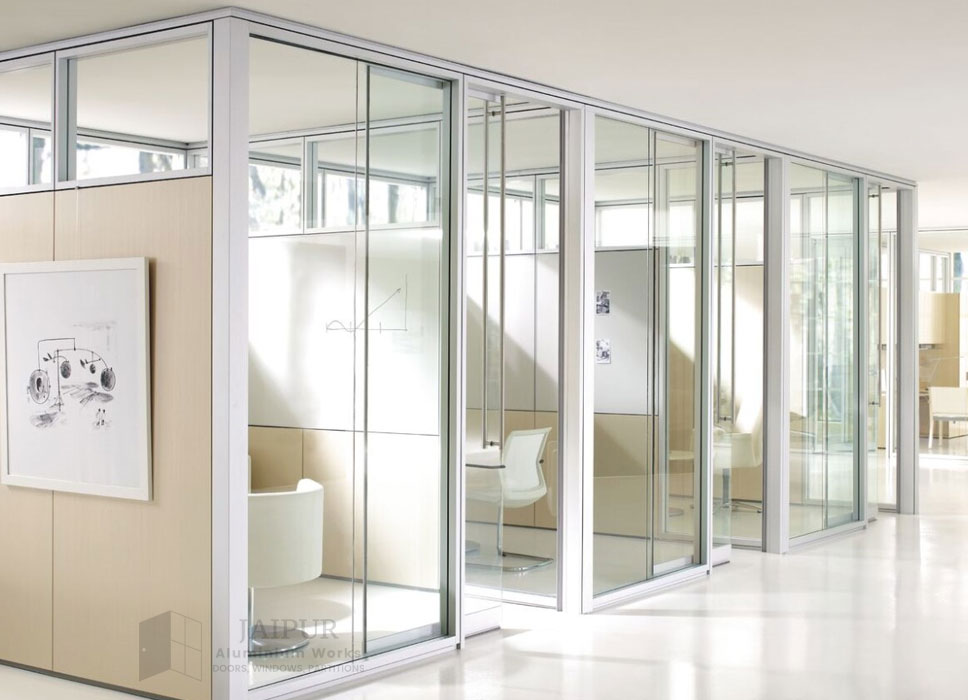
Aluminum Works:
Aluminum works involve the use of aluminum and aluminum alloys in various construction and design applications. Aluminum, known for its lightweight, durability, and resistance to corrosion, is a versatile material widely used in residential, commercial, and industrial settings.
Applications:
Aluminum is used in a range of applications, including structural elements, architectural features, and functional components. Common applications include windows and doors, curtain walls, roofing systems, and decorative facades. Its properties also make it ideal for manufacturing custom fixtures and fittings, such as handrails, partitions, and cladding.
Installation:
The installation of aluminum components requires precise planning and execution. Aluminum frames and panels are often prefabricated to specific dimensions before being transported to the site. Installation involves securing these components into place, typically using screws, brackets, or specialized fasteners designed for aluminum. For structural applications, proper alignment and leveling are crucial to ensure stability and performance.
Fabrication:
Aluminum works often involve fabrication processes to shape and customize aluminum components. This can include cutting, bending, welding, and machining. Advanced techniques such as CNC (computer numerical control) machining allow for high precision and the creation of complex shapes and designs. Fabrication also includes finishing processes, such as anodizing or powder coating, which enhance the appearance and durability of the aluminum.
Maintenance:
Aluminum components are known for their low maintenance requirements. Regular cleaning with mild detergent and water is usually sufficient to maintain their appearance. However, periodic inspections are important to check for any signs of damage or wear, particularly in high-stress applications or harsh environments.
Benefits:
Aluminum offers several advantages, including its lightweight nature, which reduces the load on supporting structures and simplifies handling. Its resistance to corrosion makes it suitable for outdoor and marine applications. Additionally, aluminum is recyclable, making it an environmentally friendly choice.
Conclusion:
Aluminum works play a crucial role in modern construction and design due to aluminum's versatility, strength, and durability. Whether used in structural elements, decorative features, or functional components, aluminum provides a blend of performance and aesthetic appeal, making it a popular choice for a wide range of applications.